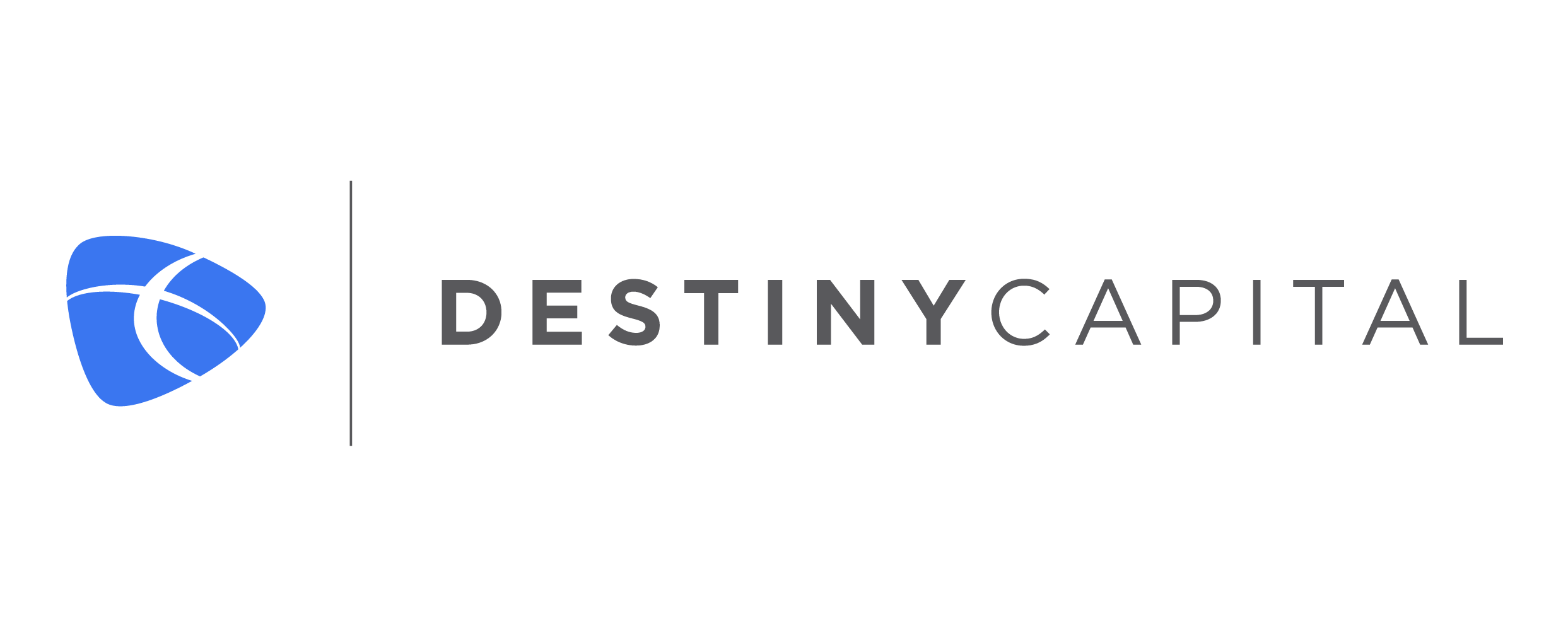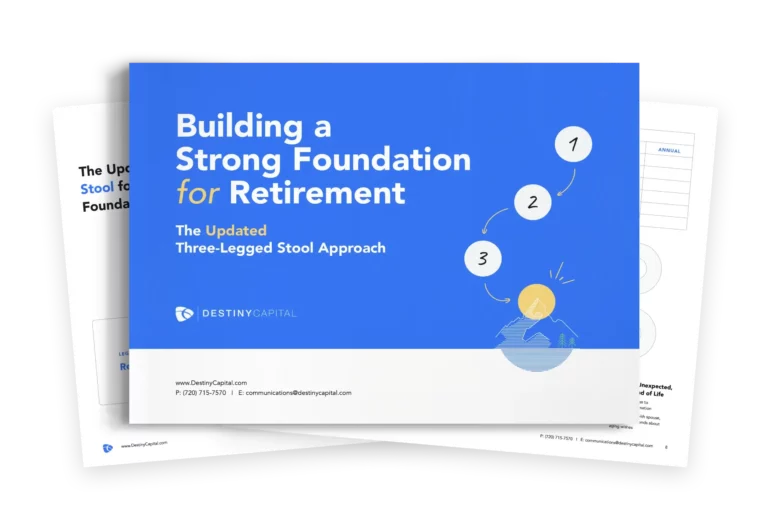How to Find Your Form of Fitness
“We must all either wear out or rust out, every one of us. My choice is to wear out.” – Theodore Roosevelt
Going back to a previous post about building your life around three different hobbies, strengthening your fitness hobby takes planning and intentionality. It also takes some self-discovery and trial and error. But all great hobbies include a combination of measuring points and rewards. For marathoners, this is running the races. Marathoners often think of themselves as savers who make deposits into their racing bank through a disciplined training plan. They obsess about mileage, different types of running styles with different purposes of development, and cross-training to keep themselves strong and healthy. Then come race day, they take all of their savings and make one big withdrawal to spend it in the race. After, they rest, evaluate, and move onto the next training plan for the next big race. It is a self-supporting cycle where the training serves the racing, the racing measures the progress from the training, and the runner is fulfilled both mentally and emotionally.
CrossFit provides very similar measuring points and rewards. But, rather than a race every few months, there are tests and retests throughout the year. WODs, or Workouts of the Day, tend to recur at various times throughout the year. There are well-known WODs like Murph and Fran that seasoned CrossFitters complete together and compete with each other on finishing times. There are local competitions, regional competitions, and even the CrossFit Games annual competition. But just as marathoners match the training to the reward, CrossFitters measure their progress through finishing times on repeated workouts and competitions against other CrossFitters.
When developing or improving on your fitness hobbies, ask yourself if you have periodic measuring points and rewards? Do you go to the gym with no specific outcome in mind? Do you engage in some training but without an overall program? Would you like to get more out of the effort you put in on an emotional level?
If you want to build these types of rewards and measurement points or want to get started with an intentional fitness hobby, keep reading.
Question 1: What do I like doing based on experience?
Thinking about your previous fitness pursuits, which pieces did you enjoy the most? Was it the solitude of training by yourself or the community of training as a group or team? Did you like being inside or outside? Did you like loud music along with your workout or a quiet space?
Question 2: What do I want to accomplish physically?
Fitness should enhance and add value to your entire life. It should not be self-serving. Are you looking to be stronger? More flexible? Have more endurance? Be less tired? Have fewer aches and pains? Do you want to feel more comfortable in your own skin, and what precisely does this mean? Fitness should be functional and support the you that you want to be.
Question 3: What have I enjoyed in the past, and what do I think I would be good at now?
Nobody enjoys being bad at something. We all aspire to learn, grow, and perform to some higher level. So, are there any sports or activities that you were better at while growing up? Were you good at sprinting, distance running, or jumping? Did you excel at team sports with a ball? Were you strong, quick, or tireless? Think through these questions to look for your next fitness pursuit. Having the potential to see your hard work helps you stick to the training.
Here is my story. I have always been an above-average distance runner and skier. And, I have always had good, natural strength. At the same time, I have always been a below-average team sports player, sprinter, swimmer, Olympic lifter, and skater. I know all of this because in my early 30s I spent the time thinking through every sport, fitness class, and hobby I had tried and focused on how good or bad I had been at each. I discovered that I like training alone, being outside, and wanting a fitness pursuit that I can continually improve in. It’s also important to me that it promotes a lean body type for long term health, endurance for stamina in life, and total body strength.
Based on these findings, I’ve really dove into Obstacle Course Racing (OCR) like Spartan Race and Tough Mudder and now find myself a top age group athlete, the level between the pro and open divisions. My training feels like play and focuses on distance running, rock climbing, and functional strength exercises. I race about ten times per year, and each one offers a great reward and progress check as I compete against a lot of the same racers from around the country. It wasn’t an immediate find. It took trial and error as I spent several years after college playing recreational hockey, competing in triathlons, and practicing CrossFit. Recreational hockey was a fun challenge, but I was never very good. CrossFit was great for the community and the intense challenge of the workouts, but being long-limbed, I realized that I did not have the ideal body type to be competitive. Triathlons were close to a long term fit, but I never swam competitively when I was younger and was more of a middle of the pack swimmer. But triathlons did reaffirm my love of distance running and training, which was a springboard into OCR racing.
Think through your fitness pursuits. Make sure that you have measuring points through competitions or recurring challenges so that you can see your progress. Find something that fits your personal goals, interests, and strengths. Fitness should be enjoyable, if not joyful.
Have any questions? We’re here to help!
{{cta(‘b98204c7-0e0e-4d3b-895d-e54ef00e4f97’)}}
Share this
Stay Ahead with Smart Investments
Learn how to invest wisely and minimize risks to protect your retirement savings.
Achieve Your Retirement Goals
Get personalized advice to meet your retirement goals. Book your call with Destiny Capital now.




